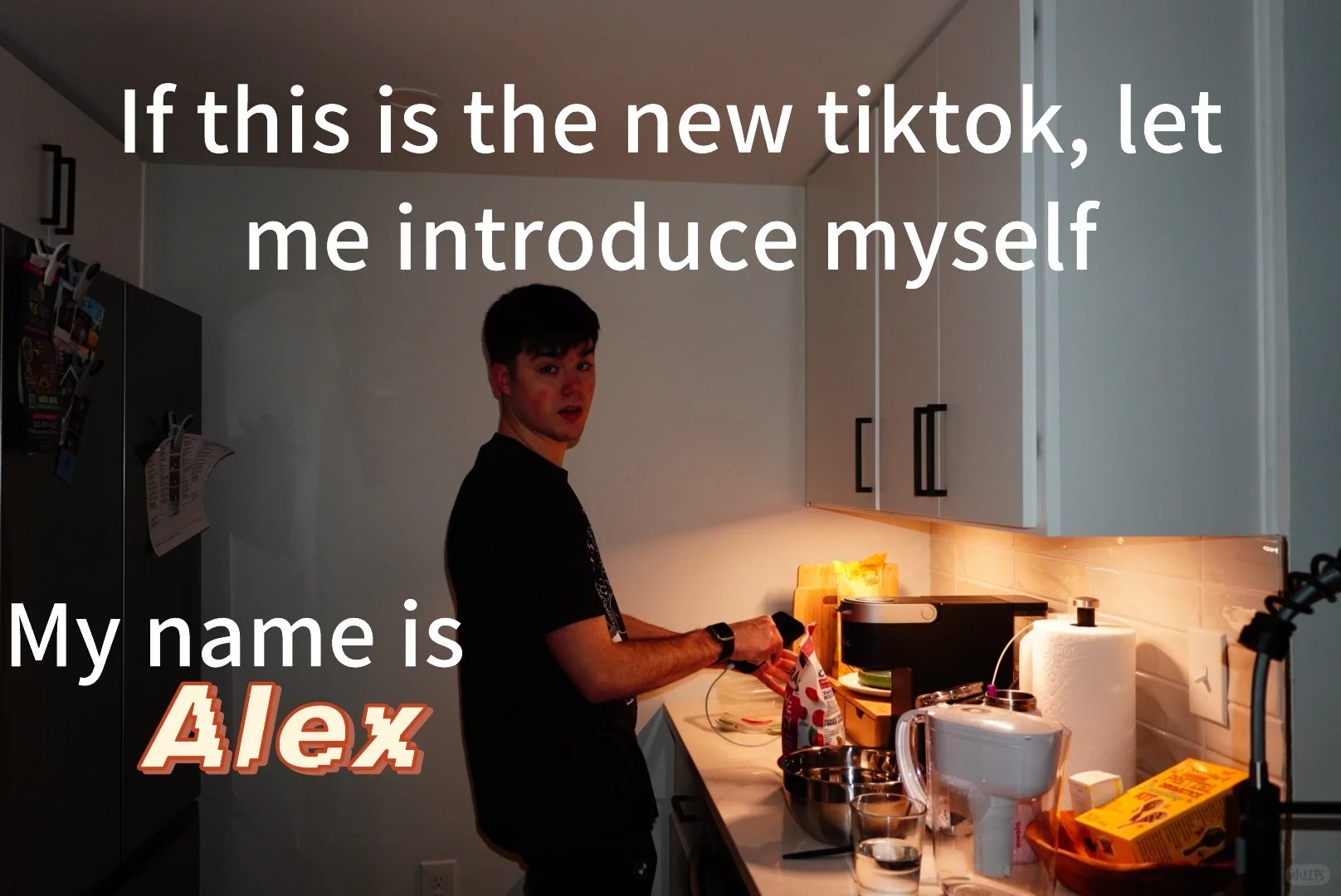Last Friday, the United States Supreme Court held oral arguments to decide TikTok’s future in the country. Following last year’s accusations of security violations, media outlets have described this as TikTok’s most precarious moment yet. In response, U.S.-based TikTok users panicked and turned to RedNote over the weekend, a surprising cultural shift.
So, what is RedNote?
Despite its Chinese name Xiaohongshu translating to “Little Red Book,” the platform insists it has no ties to Mao Zedong’s famous quotation book of the same name — an iconic element of 20th-century China. Officially known in English as RedNote, the app’s pinyin name has recently gained recognition among non-Chinese-speaking users.
RedNote is a social lifestyle platform that hosts content focused on fashion, trends, and everyday life in the form of posts and videos. Some TikTok bloggers have dubbed it “China’s TikTok,” even though TikTok itself is the international version of Douyin, a similar short-video streaming app owned by Chinese tech giant ByteDance. (This ownership structure is at the center of TikTok’s privacy concerns.) RedNote’s downloads have now surpassed those of Lemon8, a ByteDance-owned app meant to be RedNote’s global counterpart.
Given the possible ban, TikTok users have been moving to RedNote, and have found it to be a smooth transition. This is partly because RedNote is one of the few Chinese apps that allow foreign phone numbers during registration, and partly due to its familiar layout, reminiscent of TikTok and other short-video platforms. On social media, U.S. users, jokingly referring to themselves as “TikTok refugees,” have shared countless posts asking for tips on navigating RedNote.
Meanwhile, Chinese users were taken aback by the sudden influx of English-language content. For many, it marked the first time they’d experienced such direct engagement with a global audience. Content creators from both sides quickly began sharing tutorials on registration and posting. The trend has even spread to the UK and Germany, where users followed their favorite American creators onto the platform and created accounts of their own.
While foreign users are still learning to pronounce the app’s Chinese name with the correct tones, long-time users have already given the app a playful new nickname. Since Xiaohongshu, when spoken, sounds similar to “little red potato” in Chinese, the influx of English content has inspired the nickname “Xiaoyangyu” (小洋芋), meaning “little foreign red potato.” What began as a reaction to geopolitical tensions surrounding social media has evolved into something more casual. Users now share photos of their pets, travels, and, of course, their own faces, creating an atmosphere of friendliness and connection.
RedNote has transformed into a unique platform for cultural exchange, reminiscent of the early internet’s open forums. How long this trend will last, or where it will lead, is a question on the minds of netizens around the world.
Banner image via RedNote.














